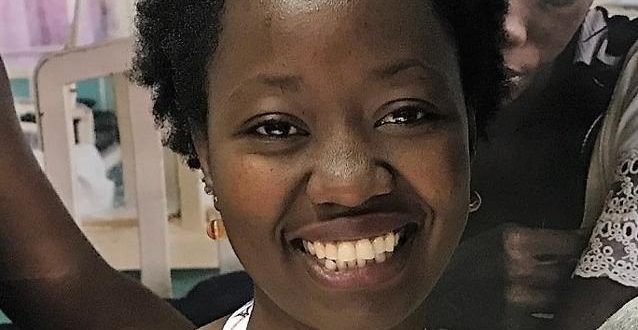ZIMBABWEAN nurse, Chenai Mathabire, recently scooped the HIV/TB Research Prize at this year’s International Aids Society Conference on HIV Science (IAS).
Mathabire, who works for the Zimbabwe branch of Doctors Without Borders (MSF), was honoured for a study she conducted in Malawi and Mozambique which provided strong evidence that a TB LAM test is convenient to quickly diagnosing tuberculosis (TB) in severely ill HIV patients in clinics with high numbers of HIV-TB patients.

“In Malawi, some HIV patients with suspected TB were waiting months for laboratory or X-ray results to come back. Clinicians don’t like to start patients on treatment based only on clinical signs and symptoms, they prefer to have a diagnostic test result,” Mathabire said.
“The TB LAM test helped them make that decision, and they felt better about starting HIV patients on TB treatment. It doesn’t replace existing tests, but adding this test helps us identify more TB cases and can improve the patients’ chances of survival.”
The test uses the HIV patient’s urine to detect lipoarabinomanan (LAM), a protein created when TB bacteria cells break down. The lower the patients’ immunity, the more LAM appears in the urine and the more sensitive the test becomes—making the test very useful for use in patients with CD4 cells below 100.
The TB Lam test ensured that almost 99 percent of TB LAM test patients received a timely result with only a 30 minutes waiting period, versus 70 percent with sputum and 35 percent with X-rays which tool.
TB is the biggest killer of people living with advanced HIV at a rate of over 400,000 deaths annually. Although the LAM test costs only $3 and has been available since 2010, its use is still very low. Just 140,000 TB LAM tests are used each year owing to its exclusion in national guidelines of countries.
The latest WHO guidelines recommended the test for use in severely ill patients in hospitals only because of its decreased accuracy in patients with stronger immune responses.
However, MSF said it will use the study to advocate for health ministries in countries with high HIV TB burdens to use the TB LAM test in primary care and hospital centres, as well as include TB LAM within a diagnostic package for patients with advanced HIV.
MSF currently uses TB LAM as part of a diagnostic package in HIV projects in Democratic Republic of Congo (DRC), Guinea, Kenya, Malawi, Mozambique, Niger, Uganda and Zimbabwe.





1 comment
email dr ogun on drogun62@gmail.com or whatsapp/contact him on +2348104991149 for cure of hiv